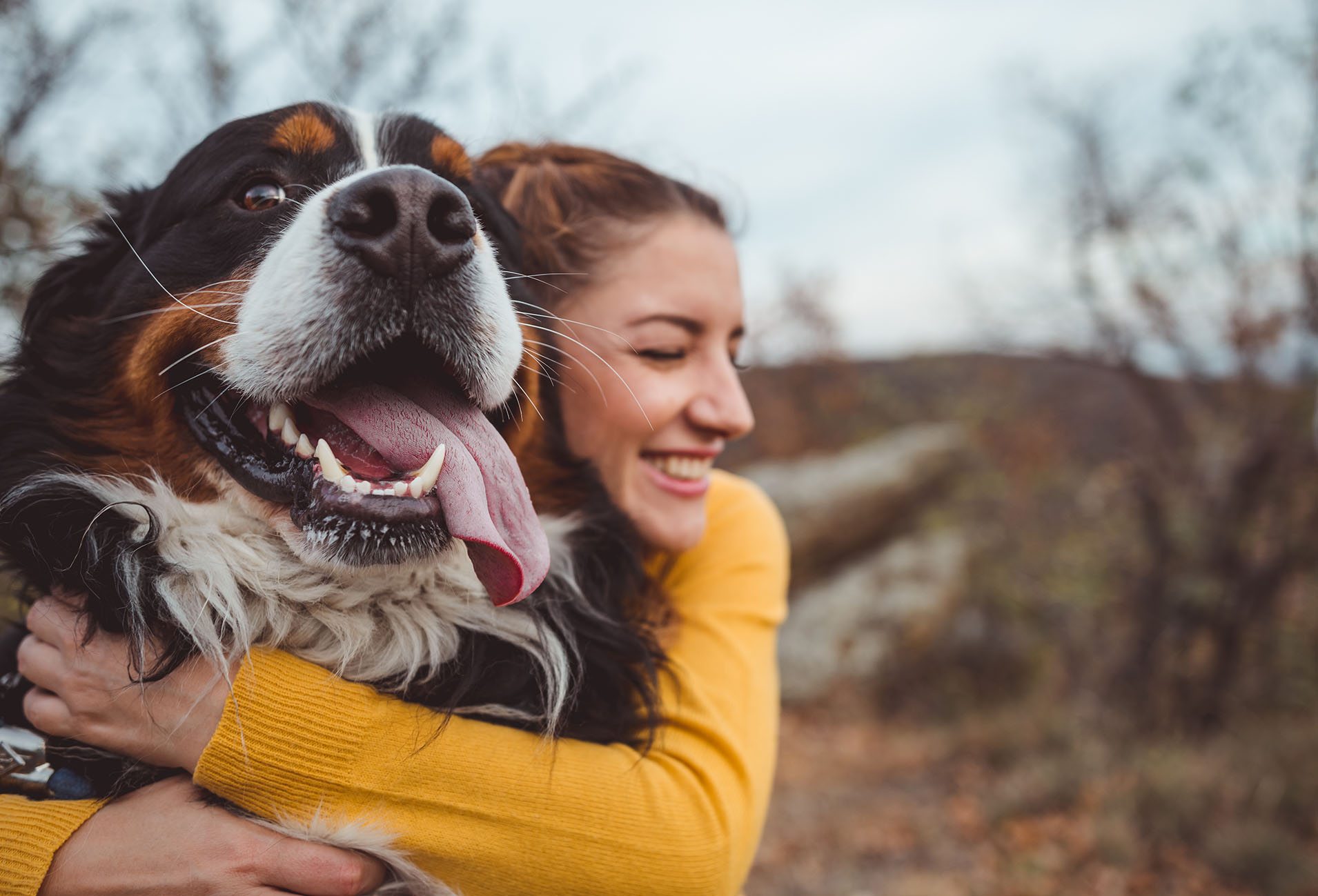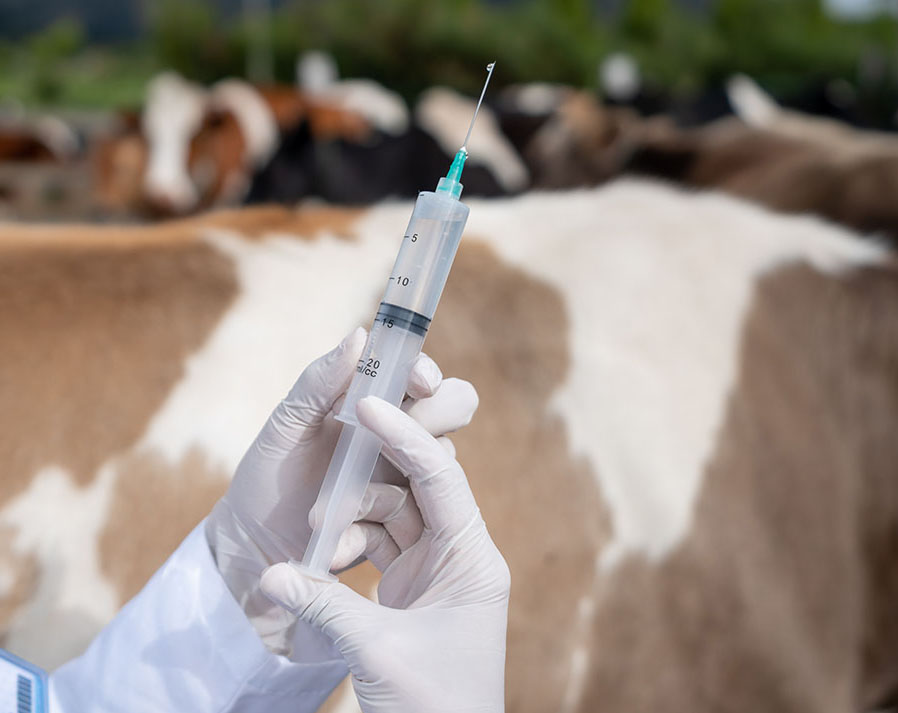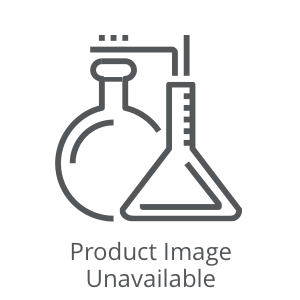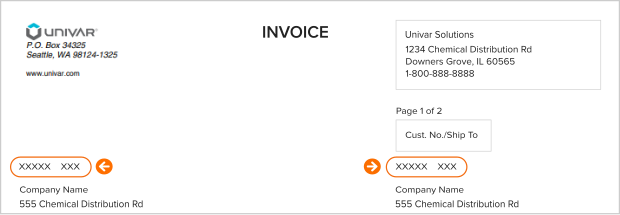We’re here to provide you with more information or help answer any questions you might have. Send us a note and we’ll get back to you as soon as possible.


We share the world with billions of animals—many raised on farms or protected in zoos and sanctuaries and a growing number living alongside of us as companions and family members. No matter the environment, humans are responsible for helping safeguard animal health, with veterinarians, farmers, pet owners, and the pharmaceutical industry all working toward this common goal. As a community of animal health providers, we must source the best medicines and supplements to keep them safe, healthy, and free from harmful parasites that can cause illness and disease.
With environments changing and diseases evolving, the continuous development of veterinary medicines, vaccinations, and antibiotics through innovative ingredients is imperative to support the health of animals.
Why the growing focus on animal health?
The health of our ecosystem depends on the health and wellness of animals and humans alike. Whatever harms or benefits one will ultimately affect the others. That’s why pharmaceutical ingredients play a critical role in providing essential health benefits that help maintain this environmental balance and also help mitigate the risk of disease outbreaks that could impact food supply chains. Here are three trends driving medicinal demand for the health and wellness of companion pet and agricultural livestock.
Social responsibility for animal welfare
With pets having a meaningful place in our lives, even helping to improve humans' mental and physical wellbeing through their companionship, taking better care of pets is key to extending these crucial bonds. In the growing companion pet market, the "fur baby" trend with owners viewing their pets as another family member is driving higher spending on animal wellbeing. In 2021, the U.S. population is expected to spend an estimated $2.75 million in pet healthcare, according to Euromonitor International 2021 report data.
Thanks in part to increased spending on pet health and preventative care, pets are living longer. A significant number of dogs and cats in the U.S. now receive daily supplements and routine treatments to improve their joint, skin/coat, heart, dental/oral, and digestive health.




Animal protein raised with humane practices
In response to increases in meat and dairy consumption, countries throughout the world are propelling large-scale food production resulting in greater rearing of livestock. According to a research study by Form and Livestock, the global animal feed market is expected to climb to $ 548.94 billion by 2027, after reaching $448 billion in 2020. Consequently, demand for health and wellness products for all species contributing to our food chain will rise.
The general population believes that healthier care and welfare of livestock leads to guiltless consumption of healthier protein. In recent years, many countries have recognized the role livestock production and more efforts in animal health play in human and environmental wellbeing and have started taking action to achieve more sustainable food systems. In 2021, the UN is pushing this initiative—known as One Health—to the next level with the first Food Systems Summit, where animal health will play a key part. The UN Summit aims to "awaken the world to the fact that we all must work together to transform the way the world produces, consumes, and thinks about food," driving action toward more sustainable practices, while achieving food security for hungry communities.
Government animal welfare organizations have safety practices and standards focused on long-term sustainability achieved through improved productivity and greater attention to livestock. The American Humane Certified™ Animal Welfare Standards are species-specific and grounded on solid scientific research. The standards were created with input from renowned animal science experts and veterinarians and are frequently reviewed by its Scientific Advisory Committee to reflect current research, technological advances and humane handling methods.
Preventing zoonotic and arboviral diseases
Advancing animal health medicine and vaccines is vital to public health and safety, helping to protect communities from common vaccine-preventable diseases. Rabies vaccinations and flea and tick prevention products for pets help reduce the risk of infection and exposure to viral diseases. An unprecedented rise in disease prevalence is triggering companies to produce pharmaceutical solutions to control pathogen contamination risks and food-borne diseases.
In addition, tackling AMR (antibiotic resistance) is one of the biggest dangers to global health declared by the World Health Organization (WHO). By better protecting animals from the threat of disease, identifying health issues earlier, and treating them quickly and responsibly, farmers can decrease disease levels and with it, the need for antibiotics. This requires maximizing the long-term and preventative health benefits of tools such as vaccination, nutrition, antiparasitic, biosecurity, disease surveillance, diagnostics, husbandry, and other animal health technologies.


Expand your line for animal health trends
Univar Solutions offers the full portfolio of pharmaceutical ingredients needed to produce today’s leading veterinary medicines as well as the next animal health innovation. This includes the oral solid doses, liquid-solid doses, parenterals (injections/shots), topicals, ear drops, and eye drops required for safeguarding short- and long-term animal health and wellness.
From formulating to sourcing, we can help you find the right active pharmaceutical ingredients (APIs), excipients, nutraceutical ingredients, and high-purity solvents that go into the production of your animal health products. Our logistics expertise includes global sourcing and import capabilities. Our North American distribution network of 70+ FDA-registered facilities is unrivaled, allowing us to provide the pharmaceutical ingredients you need, where and when you need them. Contact our team today and start building your next animal health solution.




